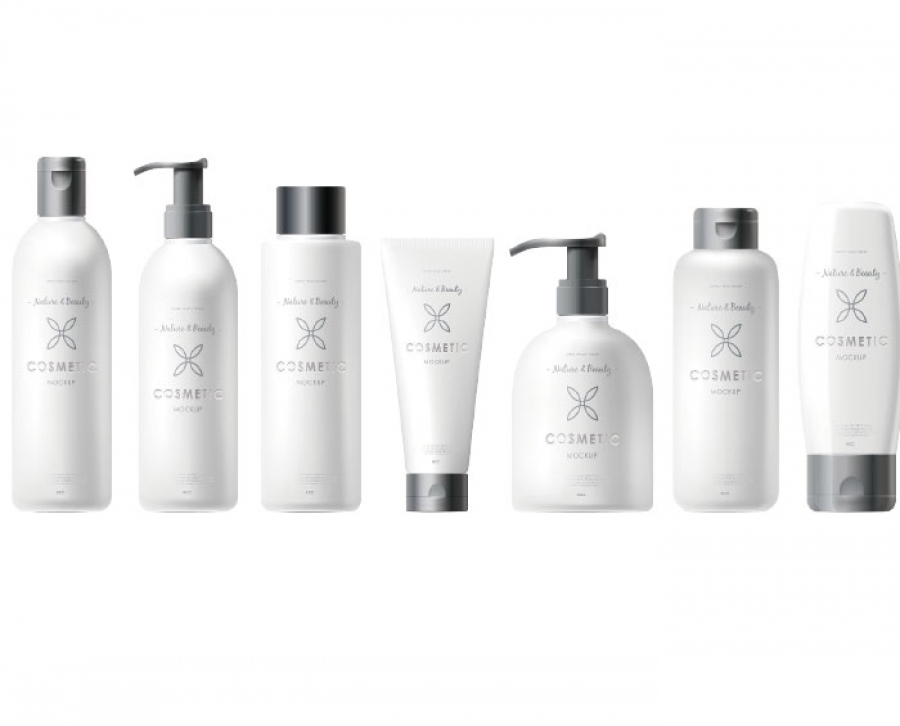Set the Stage
To develop a private label product line, the professional should thoroughly assess the market, competition, and demographics; develop a business and marketing plan with financial projections; and research, identify, and procure a quality product line and product name. They also need to review reports on products to identify the categories that are the most popular and determine a time from inception to implementation, which is generally a minimum of two months, unless the professional creates proprietary lines, which can take nine months.
Recipe for Success
Not all private label product contenders are equal; there are three different levels from which to choose.
With a basic private label company, the professional chooses from a variety of products that meet their specifications. There is no formula alteration, but their name and logo are on the packaging. This option is the most affordable.
Custom lines allow the professional to incorporate specific ingredients into the formula or tweak existing lines. The professional may also be able to further customize their products with designer packaging. The rates for this option are pricier than the basic private label company.
Proprietary lines ensure the professional has unique products and ingredients that no other spa has. The professional works directly with a chemist to create their products from scratch. Because this option requires testing, it is the most expensive.
Client Loyalty
Marketing to clients who may be cutting back on more invasive procedures might be the best way to keep them involved with the spa. When executed properly, this approach can help the professional to continue client conversations about surgery, facial injectables, and laser service portfolios.
Make Private Label Skin Care Work for the Spa
Create a retail zone near the reception desk with testers and informative materials. Clean and fully stocked displays should be in every treatment room for clients to start conversations about products.
Train the staff to treat the client using a questionnaire and treatment plan. Staff members should be capable of discussing all of the product lines with clients and talking about a client's short- or long-term aesthetic needs. Additionally, staff members should have a strong closing statement. For example, "I know that procedure was a large investment, but this product will help to keep your skin in great condition and increase the wait time for your next treatment."
By offering special promotions as a follow-up to certain procedures, professionals can also cross-sell clients into additional services. Newsletters and e-blasts can be an inexpensive way to introduce clients to products.
Invest in the Name
The established professional's name has become their brand. An investment in a private label skin care line is a logical extension of the spa's offerings. Take advantage of technology and video product trainings for the staff to have a training and sales library on hand. According to the American Academy of Dermatology, homecare products are responsible for up to a billion dollars in sales per year. Skin care professionals are in the perfect position to take advantage of the benefits of this industry, which include increased revenue and greater trust with their clients.
